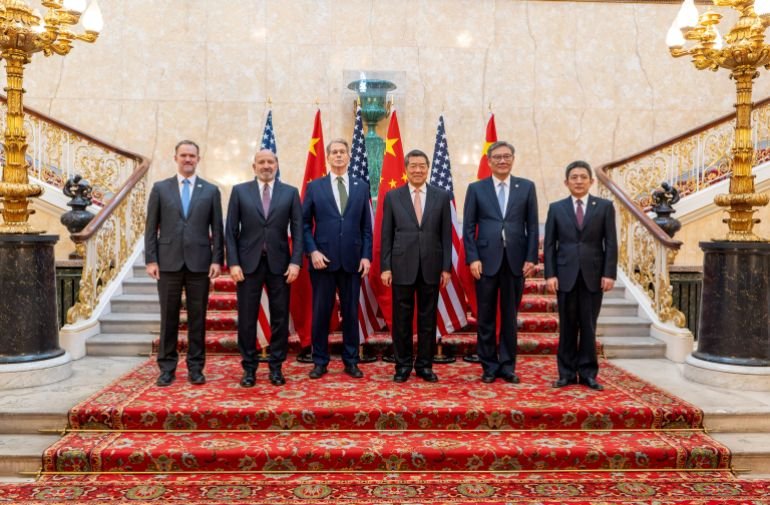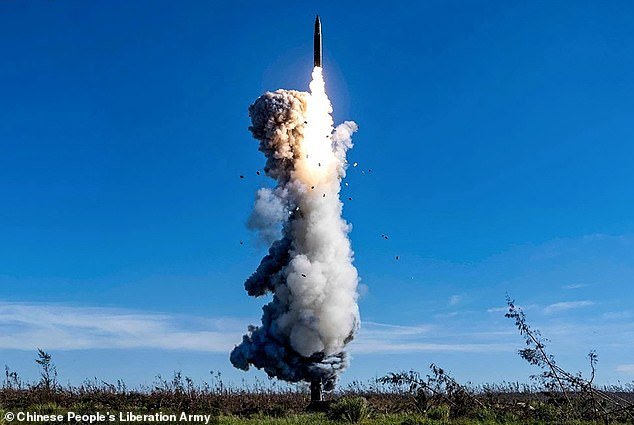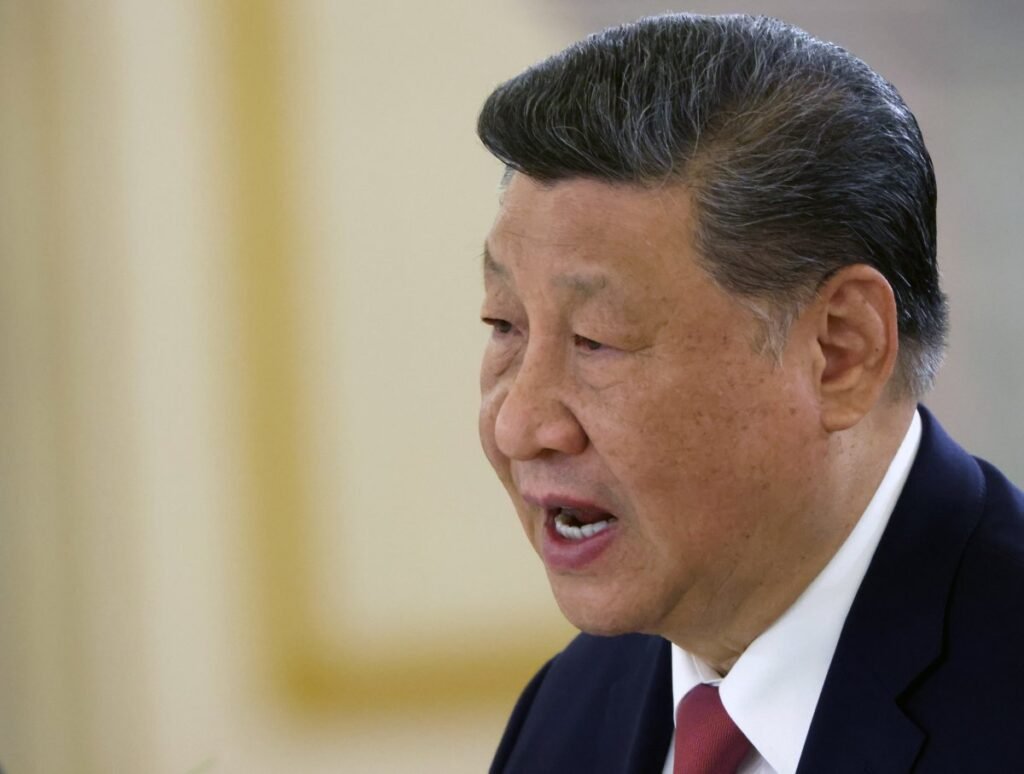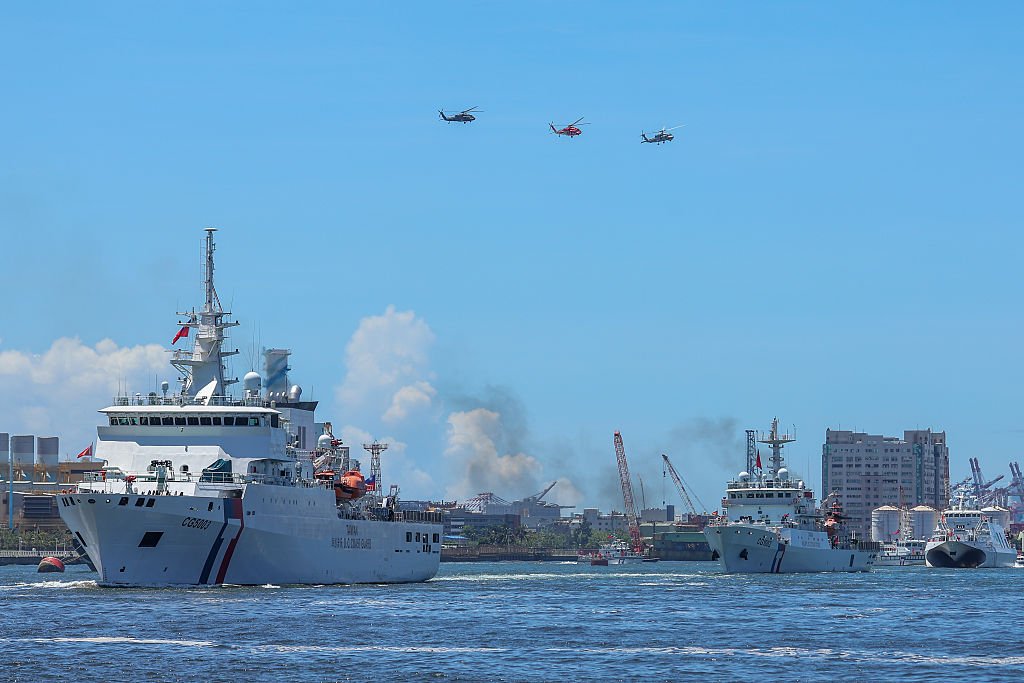Iran’s defense minister has made his first overseas visit since a deadly 12-day conflict with Israel, traveling to China for a gathering of top military officials from the Shanghai Cooperation Organisation (SCO), a regional security bloc led by Beijing and Moscow.
The visit, amid ongoing volatility in the Middle East, signals Tehran’s determination to deepen ties with powers outside the Western alliance system.
Newsweek has reached out to the State Department for comment.
Why It Matters
Iran’s attendance at the security summit underscores its continued alignment with China and Russia amid ongoing tensions with the U.S., as President Donald Trump seeks to revive potential nuclear talks.
Arriving just days after American strikes on Iranian nuclear sites and Israel’s unprecedented attacks, Tehran’s presence reaffirms its reliance on alternative global alliances in defiance of Western pressure. By hosting the meeting, China positions the SCO as a growing counterweight to NATO, offering Iran and other members a platform to challenge U.S.-led military and diplomatic dominance amid mounting global instability.
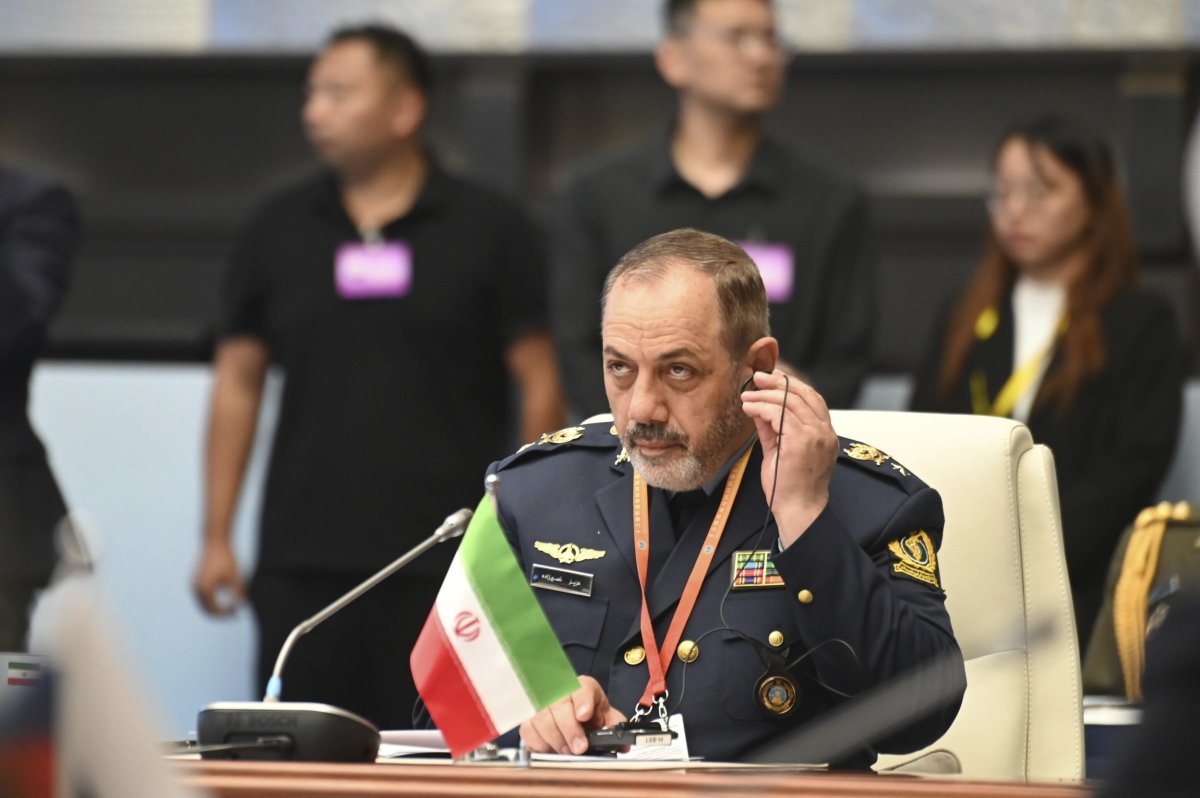
Iran’s Defence Minister Aziz Nasirzadeh looks on during the meeting of the Shanghai Cooperation Organization (SCO) defence ministers. The SCO consists of ten states, including China, Russia, Iran, Pakistan and Kazakhstan. It was originally founded in 2001 to combat terrorism and now also pursues goals such as security and economic cooperation, 26 June 2025, China, Qingdao.
Johannes Neudecker/AP Photo
What to Know
Iran’s Aziz Nasirzadeh joined defense ministers from nine SCO member states—including China, Russia, India, and Pakistan—in Qingdao, a strategic Chinese naval base city. The two-day summit began soon after a fragile ceasefire paused deadly attacks between Iran and Israel that also involved the U.S.
The meeting highlighted Tehran’s push to deepen ties within the SCO as Western pressure intensifies, reinforcing its strategy of aligning with key regional powers. While Chinese officials have avoided direct involvement in the Iran-Israel conflict, they offered rhetorical backing for Iran’s stance. Chinese Defense Minister Dong Jun, without naming the crisis, denounced “hegemonic, high-handed, and bullying acts”—a common Beijing critique of U.S. influence. In remarks reported by Chinese state media, Nasirzadeh thanked China for its “understanding and support” and urged it to help stabilize the region and uphold the ceasefire.

India’s Defence Minister Rajnath Singh, Iran’s Defence Minister Aziz Nasirzadeh, Kazakhstan’s Defence Minister Dauren Kossanov and China’s Defence Minister Dong Jun gather for a group photo during the Defence Ministers’ Meeting of the Shanghai Cooperation Organization (SCO) Member States in Qingdao, in eastern China’s Shandong province on June 26, 2025.
Pedro Pardo/Getty Images
Oil Flows to China
Meanwhile, China significantly ramped up its imports of Iranian crude oil in June, driven by discounted prices and increased loadings from Iran. Independent Chinese refiners took advantage of lower global oil prices, contributing to the surge. According to data cited by Reuters, China imported a record 1.8 million barrels per day (bpd) of Iranian crude between June 1 and 20.
Following U.S. strikes on Iranian nuclear sites, President Trump wrote on social media that “China can now continue to purchase Oil from Iran,” adding, “Hopefully, they will be purchasing plenty from the US, also.” Although Trump’s statement suggested a possible easing of sanctions enforcement, the White House clarified that no formal lifting of sanctions has occurred, reflecting a nuanced U.S. stance balancing pressure on Iran with geopolitical realities.
Donald J. Trump Truth Social 06.24.25 09:14 AM EST
China can now continue to purchase Oil from Iran. Hopefully, they will be purchasing plenty from the U.S., also. It was my Great Honor to make this happen!
— Commentary Donald J. Trump Posts From Truth Social (@TrumpDailyPosts) June 24, 2025
What People Are Saying
Aziz Nasirzadeh, Iran’s Defense Minister: “[We] hope that China will continue to uphold justice and play an even greater role in maintaining the current ceasefire and easing regional tensions.”
Dong Jun, Chinese Defense Minister: “Unilateralism and protectionism are surging, while hegemonic, high-handed, and bullying acts severely undermine the international order.”
What Happens Next
Iran’s growing oil exports to China are vital amid the recent Iran-Israel conflict. Despite persistent sanctions, Tehran relies heavily on China as its largest buyer to sustain its economy and fund its regional activities. This deepening partnership challenges U.S. efforts to isolate Iran and highlights China’s crucial role in supporting Tehran’s economic and strategic resilience during heightened tensions.




